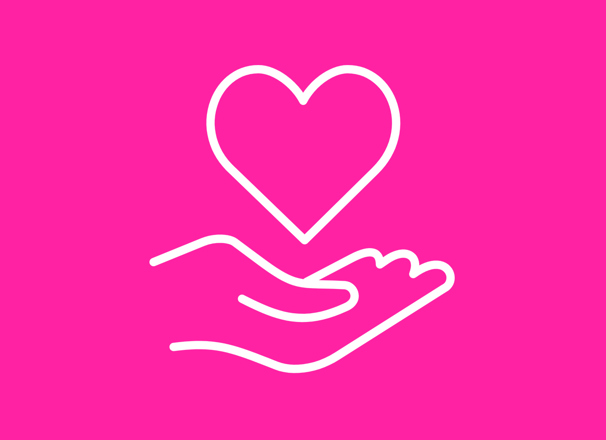You will probably spend a good part of your life at work, so it’s reasonable to expect your job to give you a sense of satisfaction. But if you’re dragging yourself to work, making a lot of mistakes, or losing interest in tasks you used to find fulfilling, you could be suffering from work-related depression.
Work—and being out of work—can bring on many kinds of difficult emotional states. You may be feeling worried, hopeless, unmotivated, or persistently sad. The good news is that you can get help for these scary feelings.
Work-related depression is not uncommon. Depression shows itself in many ways and affects millions of Canadians every year. For people who already struggle with depression, work can make their feelings more intense. For some, work may actually be the source of their depression. During the COVID-19 pandemic, the symptoms of mental health disorders increased as people lost their jobs, worked from home, and felt more alone.
Where to turn in a crisis
If you’re concerned about your mental heath, you should talk to your doctor or find other sources of help. If you or someone you know is in crisis, you can turn to these resources.
Some resources are available province-wide:
- AHS Health Link: Call 811 for health advice 24/7
- Mental Health Helpline: 1-877-303-2642
- Emergency Family Violence Info Line: Call toll free 310-1818 for help in more than 170 languages.
- Community mental health services, help and support at eMentalHealth.ca
- Addiction and mental health services and information
Other resources may offer added supports in your part of the province:
- Edmonton Distress Line: 780-482-4357
- Distress Centre Calgary: 403-266-4357
- Central Alberta Mental Health: 1-877-303-2642
- Lethbridge Distress Line: 403-327-7905
- Medicine Hat Addictions and Mental Health: 403-529-3500
- City of Brooks Mental Health Resources
Am I depressed?
Here are some potential warning signs for work-related depression:
- More anxiety than normal
- Feelings of anxiety about your job when you’re not at work
- Feeling bored about your job
- Low energy at work
- A sense of sadness that won’t go away
- Feeling hopeless, helpless, worthless, or guilty
- Trouble concentrating, making lots of mistakes, and making bad decisions
- Putting on or losing a lot of weight
- Headaches, fatigue, or stomach pain at work
- Crying spells when you don’t understand why
- Trouble sleeping or sleeping too much
- Self-medication with alcohol or other drugs
How to find help at work
Many employers offer health benefits that include some type of mental health coverage. Ask your HR department about what your plan covers. You should also find out more about your company’s policies regarding medical leave and sick days.
If your illness is affecting your productivity, it may be useful to tell your employer you’re dealing with depression. Not only might you find some extra support, but it may be easier to request time off for appointments and therapy sessions.
Remember that mental disability is protected under the Alberta Human Rights Act. Your employer cannot discriminate against you because of your mental health.
Self-help and prevention
If you haven’t been diagnosed with depression but are feeling a bit sad and frustrated, to the following strategies can help you feel better. They’re also useful tools when it comes to preventing depression.
Find the positive
While a negative thoughts can lead to sadness, a good outlook can help you avoid feeling low. Learn how to think more positively about your work.
If your attitude is positive, you will likely feel happier. And your employer will probably be happier with you. Learn about the positive attitudes that your employer will notice on the job.
Take care of your relationships
Good relationships on or off the job can help you feel content. Set goals for yourself to build stronger relationships, just as you would for any other important aspect of your work or life.
Balance your life
Some people start to feel sad or anxious because they haven’t found the right work/life balance. Do you work too much? Do you spend too much time thinking about work, even when you’re doing other things?
Learn how to adjust your day so you have a work/life balance that suits you better. Finding the right balance may make you more content.
Keep learning on the job
Boredom can make you feel less enthusiastic about your work. One way to avoid boredom is to make sure you’re always learning on the job. Take this work and learning quiz to find the best ways to manage your learning.
Feeling out of control at work can also lead to low energy levels. Learn how to take charge of your day and make your job more rewarding.
Manage your stress levels
Being stressed day after day can lead to irritation, burnout, and depression. This level of stress is not healthy for your body or your mind. Learn how to manage stress on the job.
Work can be challenging. In some people, it can cause or exacerbate their depression. No matter your situation, help is available. Don’t be afraid to reach out and find some support.





